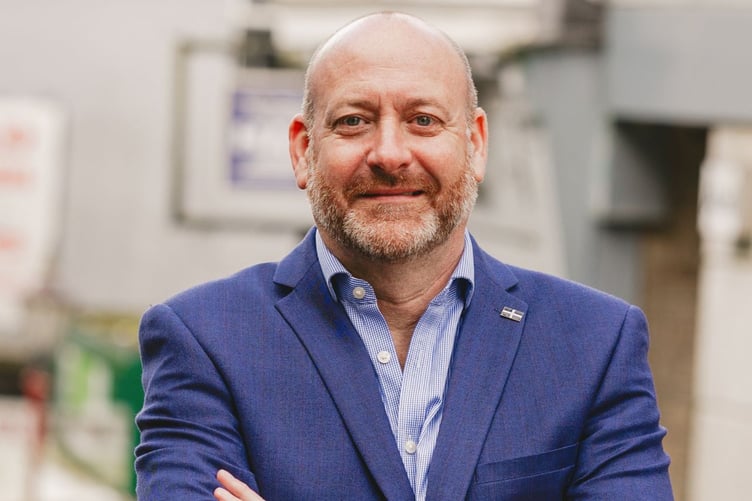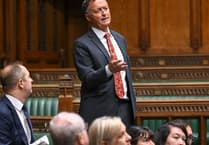The last 15 years have been really tough on household finances.
Some of the factors that have led to the squeeze on household finances have been global. The 2008 financial crash and the COVID pandemic being prime examples. But many of the factors that have made us poorer have been entirely self-inflicted: Brexit; the Liz Truss economic crash; potentially now Trump’s focus on tariffs. But a combination of these factors has meant higher inflation, higher interest rates and higher heating bills.
Then there are local issues, like the lack of available housing in Cornwall, meaning tenants face exorbitant rents. And the failure to focus on this cost-of-living crisis by the previous Conservative government has led to a situation where the vast majority of lower and middle-income families are feeling the effects far more than wealthier households.
That is why this government has launched a number of really quite redistributive policies. Here’s five, for example: introducing VAT on private schools; closing the ‘non-dom’ super-rich tax status; significantly increasing stamp duty on second homes; ensuring all sections of society pay inheritance tax, over a certain threshold; and introducing new taxes on the most expensive premium vehicles.
What measures such as these have meant is that we can invest in our state schools, the National Health Service and transport infrastructure. But back to those household bills. By keeping a tight rein on public finances we’re able to keep inflation low (wages are now growing faster than inflation, which is a very important measure when it comes to the cost of living) and mortgage rates low.
Heating bills are still exorbitant. That is because we are reliant on the global wholesale price of gas. The reason I keep banging on about renewable energy is because the sooner we can reduce our reliance on the wholesale gas price, by producing our own homegrown renewable energy, the sooner we can start to bring those energy bills down. It will take us a couple of years but we’ll get there.
We are currently on 43 per cent of our energy from renewables and we need to get that to 95 per cent. Because of the tough decisions we’ve made to keep the economy on an even keel, three million of the lowest paid workers on the minimum wage will start to get a big increase in their pay packets, from the beginning of this month. And our focus on helping to get as many people back into work, not only to help the finances, but also because working has proven mental health benefits, doesn’t stop there.
We have a series of programmes to focus on the 900,000 young people not in employment, education or training, and the ‘Right to Try’ programme will reassure those with disabilities that they can try work, without a risk to their benefits if they find they are unable to hold down the job. This Labour government is committed to ensuring that we deal with the cost-of-living crisis, as well as ensuring that those with the broadest shoulders bear the largest burden.





Comments
This article has no comments yet. Be the first to leave a comment.